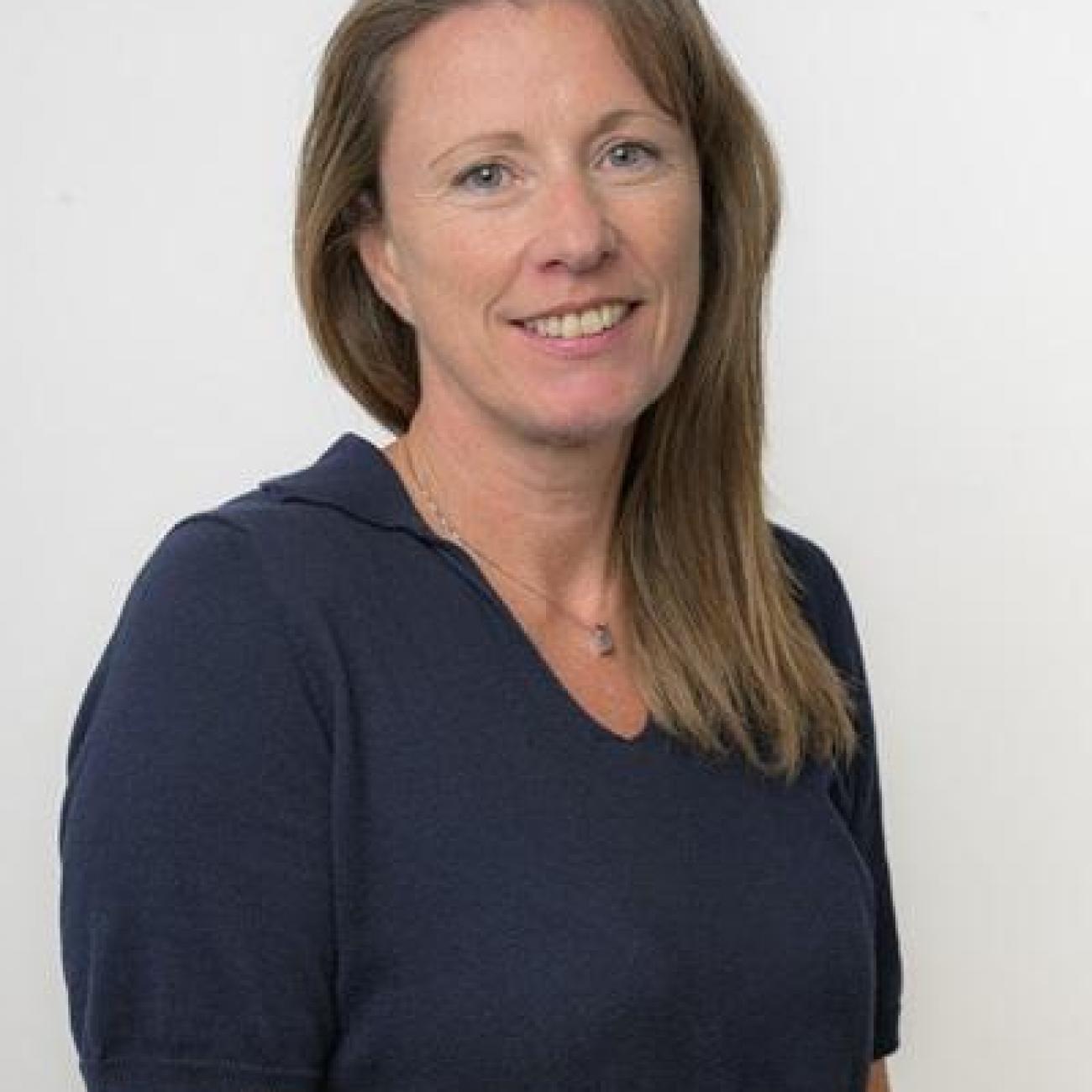Research
Research groups
Member of:
Research projects
Active projects
Researchers:
,
Sponsor: Medical Research Council
Researchers:
Sponsor: EPSRC
Researchers:
,
Sponsor: Medical Research Council
Researchers:
,
Sponsor: National Institute of Health and Care Research
Completed projects
Researchers:
,
Researchers:
Sponsor: Guts UK
Researchers:
,
Sponsor: Mesothelioma UK
Researchers:
,
Sponsor: Crohns in Childhood Research Association
Researchers:
Sponsor: Action Medical Research
Researchers:
Sponsor: Crohns in Childhood Research Association
Researchers:
,
Sponsor: The Kay Kendall Leukaemia Fund
Sponsor: International Glaucoma Association
Researchers:
,
Sponsor: Macular Disease Society
Sponsor: National Institute of Health and Care Research
